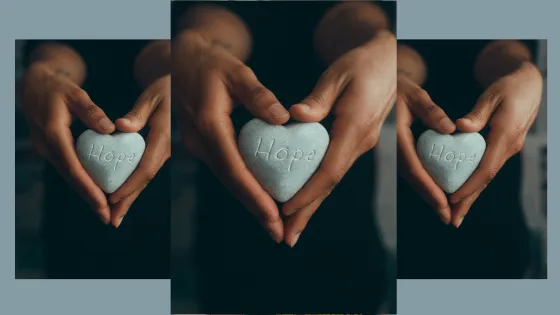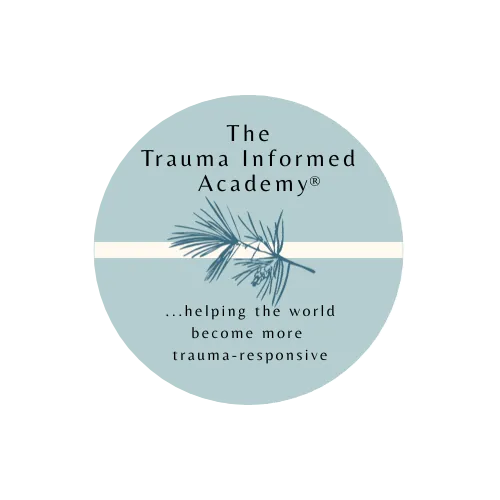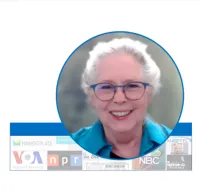

Meaning-Making: The Key
If meaning-making is the most powerful tool we can develop and use in the face of loss, how do we “do” it?
Perhaps the enemies of meaning-making are pain and time. We want not to feel the ache, the emptiness, the loss. For those of us who are older, or single, or more isolated, this can be challenging. As losses accumulate in life, we get a bit ground down and wonder how, as we age, to engage younger friends who might be less prone to die soon; or what we might need to change to be more attractive in the marketplace or even how to grow something that is food inside. All this takes time.
To make meaning, we need to be able to tolerate the emotional discomfort of loss and grief, and to hold the tension between those two. If we can’t do that with lesser discomfort, we won’t be able to do it with the greater.
Loss doesn’t care much about our timetable. We can identify the life cycle of the seasons in nature and across the seasons of our lives, and each season carries loss within it. Loss--especially death--happens on its own schedule. We can’t predict when we will need superhuman skills for tolerating the inevitable discomfort of losses.
So, we build our skills for meaning-making when we have a lighter load. We learn how to foster those inner connections we can call on. We increase our range of emotions and flexibility with them. We bolster up how we use symbols and images in art and writing to express ourselves. We learn ways to invest in building new relationships. We practice making meaning when times are easy to have the ability to work with difficult times



Email our Admin:
©Copyright 2025 EPower & Associates, Inc. All Rights Reserved.
Privacy Policy | Terms of Use
Featured On...


